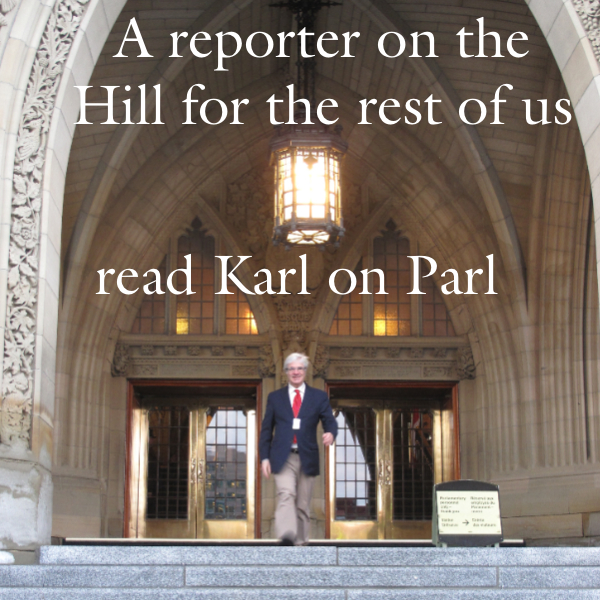Deepan Budlakoti’s story boggles the mind.
He was born in Canada in 1985, has an Ontario birth certificate, and has lived all of his life in Canada. Yet the Harper government has been trying for years to deport him to his parents’ native country, India.
He might have been long gone, had the Indians not refused to take him. They say he’s not a citizen of their country, and they will not issue him any sort of visa.
In effect, the Canadian government has now made this young man a stateless person. He lives in Canada, but only on sufferance. He has, in essence, no rights.
Budlakoti has had a troubled life. As a child he ran away from home and for a time was made a ward of the state. As a young adult he has been in some trouble with the law. He did two prison stints: one for break-and-entry, and the other for transporting a firearm plus drug-related charges.
He says he was set up on the gun and drugs business, but pled guilty because he couldn’t afford a lawyer.
Whatever the case, he served his time, got himself a high school diploma and some trade credentials, and is now ready to become a contributing member of society.
The Canadian Immigration Department and the supposedly arm’s length Immigration and Refugee Board (IRB) do not care. They say Budlakoti’s parents were employees of the Indian High Commission at the time of his birth and thus the normal rules of citizenship for those born in Canada do not apply. Even if he has that Ontario birth certificate, his criminal record makes him persona non grata.
They want him to simply go, despite the fact that there is nowhere for him to go.
The courts have not been kind to Deepan up to this point; but he is continuing to fight on, both at the Canadian Federal Court level and at the United Nations.
It is a costly fight.
Even sympathetic lawyers cannot work entirely for nothing. And so Budlakoti and his supporters are trying to raise money through an online fundraising campaign, link here.
From a stateless man to temporary foreign workers
Budlakoti’s case is part of what the Harper government would call its hard-headed, practical and economically focused immigration and refugee policy.
It is a policy that has produced a drastic reduction in family class reunification and refugee admittances, and a vast increase in temporary foreign workers.
The labour movement has been suggesting for the past few years that the Conservatives’ “guest worker” program simply creates a huge class of workers without rights. They argue, with some evidence, that having a revolving door of personnel is not good for Canadian communities nor, in the long run, for Canadian employers.
It would be far better, they say, to turn guest workers into genuine immigrants with a stake in Canadian society. Such immigrants would help build Canada, as immigrants have been doing for a great many years.
The mainstream press is seized with this issue, once again, because of the strong possibility that McDonalds’ franchises have been displacing Canadian workers with temporary foreign workers.
It is the fact of leaving Canadians out on the sidewalk while hiring foreign guest workers that gets most of the attention — although there is evidence that many of those guest workers have been victims of abuse and exploitation.
When he was still Immigration Minister, Jason Kenney used to push back against provincial demands for a greater say on immigration. He argued that immigration is a key part of nation-building and thus properly a federal domain.
But would a government concerned about nation-building view newcomers as not much more than economic units? Would it not see the value of bringing families — including grandparents, parents and children — together? Would such a government not see a modest health care program for refugee claimants as a good investment, if not a humane and compassionate gesture?
The Kenney version of nation-building does not, on the face of it, seem forward-looking and advanced. It almost harkens back to the 19th century, and brings to mind the thousands of imported workers without rights who built the Canadian Pacific Railway.
The Harper government’s nation-building philosophy has no place for individual cases or particular family stories. The only stories that count are the stories businesses in need of “manpower” tell.
And there is definitely no place for Budlakoti and his Kafkaesque story of bureaucratic indifference.



